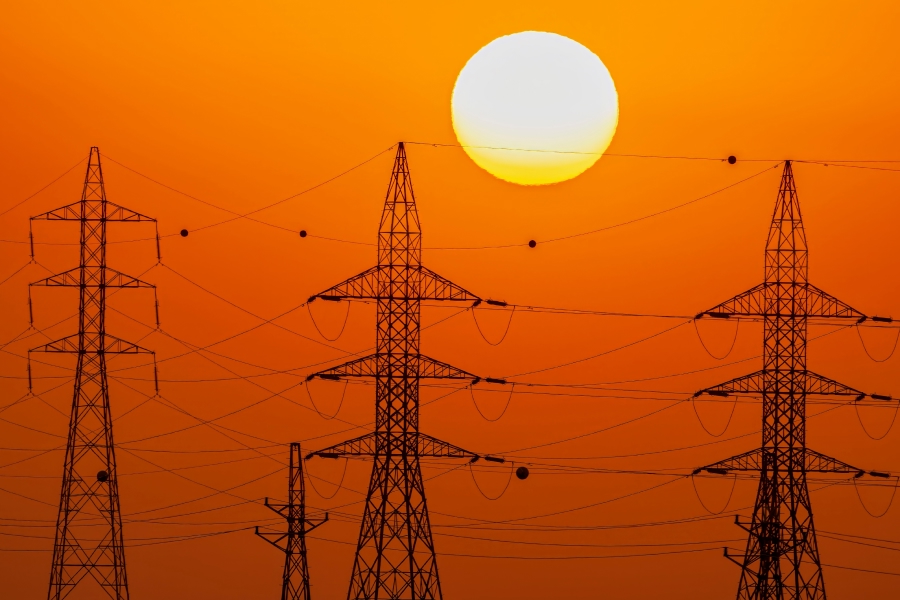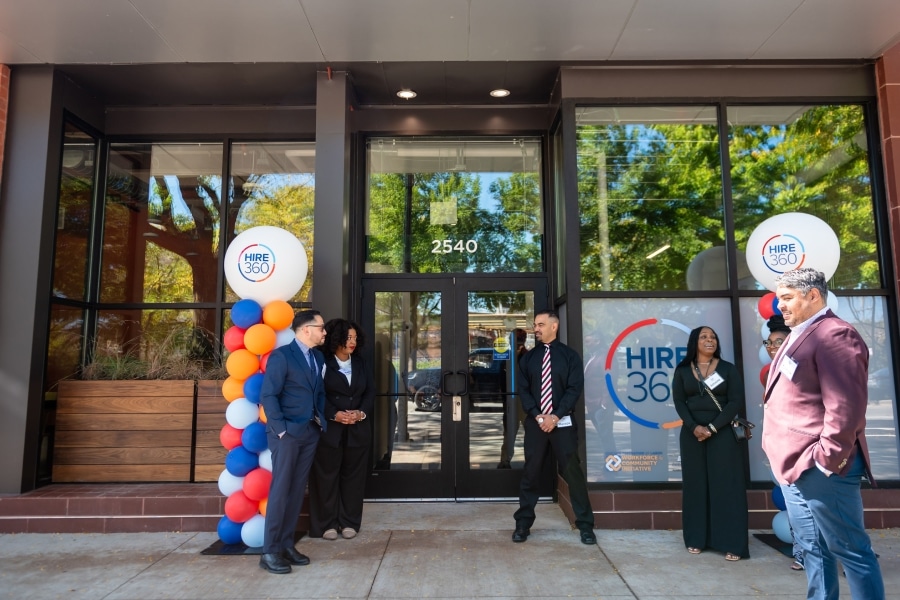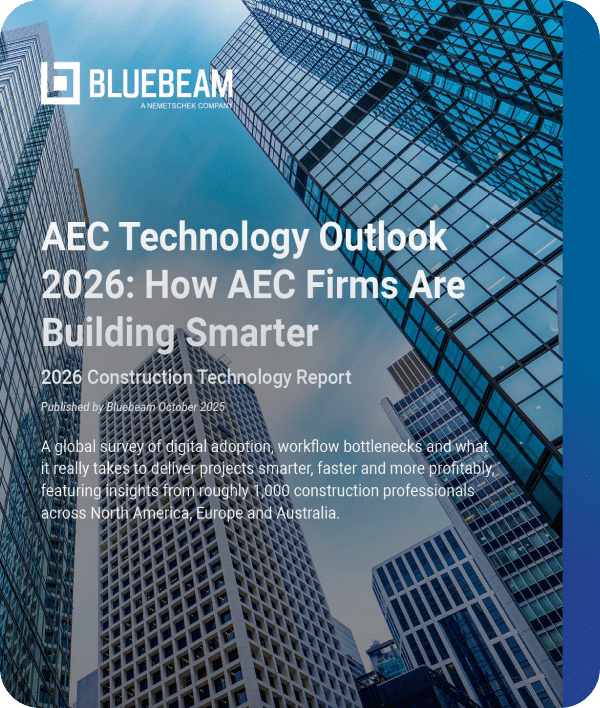What a difference a year makes. At the start of 2022, the Federal Reserve was holding the federal funds rate at around zero and buying billions of dollars in bonds to stimulate the economy—while inflation was rising to near-record levels.
But the Fed’s approach has changed drastically since. The Fed raised interest rates several times in 2022. At its latest December 14 meeting, the Fed raised rates yet again, this time by a half percentage point, taking rates to a targeted range of between 4.25% and 4.5%.
Like everyone else, construction is feeling the pain. In December 2022, a 30-year fixed-rate mortgage ran close to 7%. Even if soaring prices for new homes begin to drop, monthly mortgage payments are likely to remain high. Construction costs are projected to increase well into 2023, according to the CBRE Construction Cost Index. Whether for a homeowner or a business, the cost of loans makes all construction projects more expensive—including those covered under the $550 billion Infrastructure Bill. In fact, inflation could significantly reduce the bill’s buying power.
How will rising interest rates impact future construction? Built spoke with Anirban Basu, chief economist for the Associated Builders & Contractors, to learn more.
Built: How do higher interest rates impact construction?
Basu: All else equal, higher borrowing costs have a negative impact on construction activity, especially at a time when labor shortages have driven wages higher and construction inputs prices are up more than 40% since the start of the pandemic.
Built: Are higher interest rates negatively impacting the number of construction projects?
Basu: Higher interest rates have completely frozen the owner-occupied residential construction market. Average mortgage rates are at their highest level since 2002, and mortgage applications have fallen to their lowest level since 1997. As a result, new authorizations for single-family units are down 17.3% year over year.
Because higher borrowing costs have caused many would-be homebuyers to rent, authorizations for multifamily units (more than five units) increased 8.2% in September [2022] and are up 25.5% year over year.
Built: How much does the impact depend on what kind of construction a company does—residential vs. commercial?
Basu: A lot. Interest rates are high (and rising) because the Federal Reserve needs to tamp down economic activity in order to suppress inflation. Beyond the first-order effects of higher borrowing costs, an economic downturn would negatively affect construction spending in categories that are dependent on discretionary income, like commercial, office and lodging.
Publicly financed categories should fare better, especially in light of the infrastructure bill and surplus pandemic relief funds. Over the past year, construction spending has increased rapidly in primarily publicly funded segments like water supply (+23.3%), conservation and development (+18%) and sewage and waste disposal (+11.9%).
Built: Are construction companies still able to get loans and make satisfactory profits despite the cost of the loans?
Basu: Yes, despite higher interest rates, contractor optimism regarding profit margins actually increased in September, according to ABC’s Construction Confidence Index. This likely has to do with declines in materials prices, which have inched lower in recent months.
Built: If interest rates continue to rise, do you expect to see projects halted and lower growth? In an ABC news release in October 2022, you noted, “Faced with high demand for their services, contractors continue to show pricing power, helping to offset rising compensation and other construction delivery costs.”
Basu: Rising interest rates will certainly cause some projects to be halted, all else equal. But all else might not be equal. Interest rates are only one of many factors behind construction costs. Supply chains, for instance, have improved drastically in recent months. If they continue to improve, that could countervail the cost-related impacts of higher interest rates.
Built: If we ultimately experience a recession, what would you expect that to mean for the construction industry?
Basu: On the one hand, a recession would almost certainly mean fewer projects and more competition for the projects that are still greenlit. On the other hand, a recession would alleviate many of the inflationary pressures that have driven up construction costs, including freeing up the supply of both inputs and labor.












